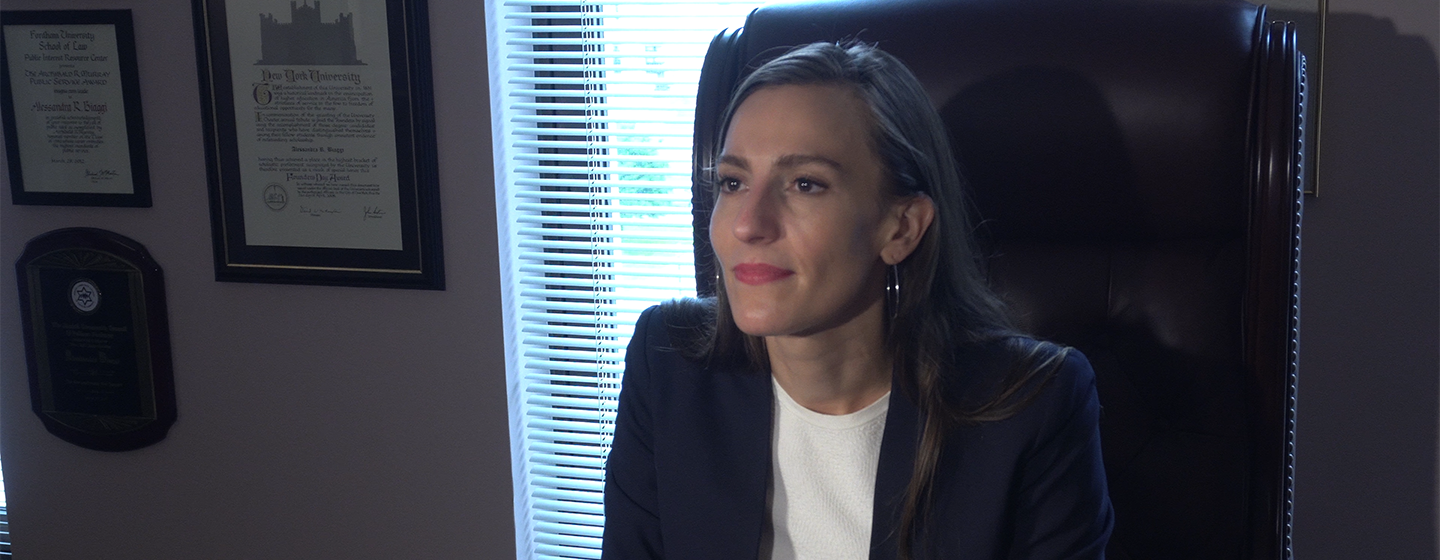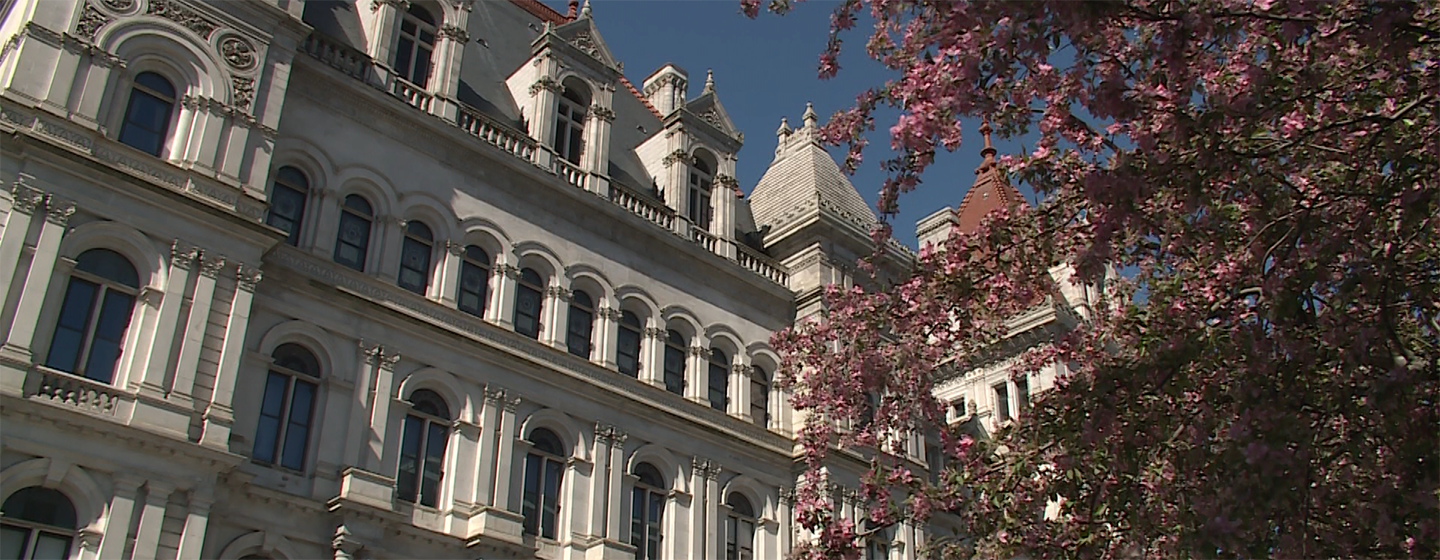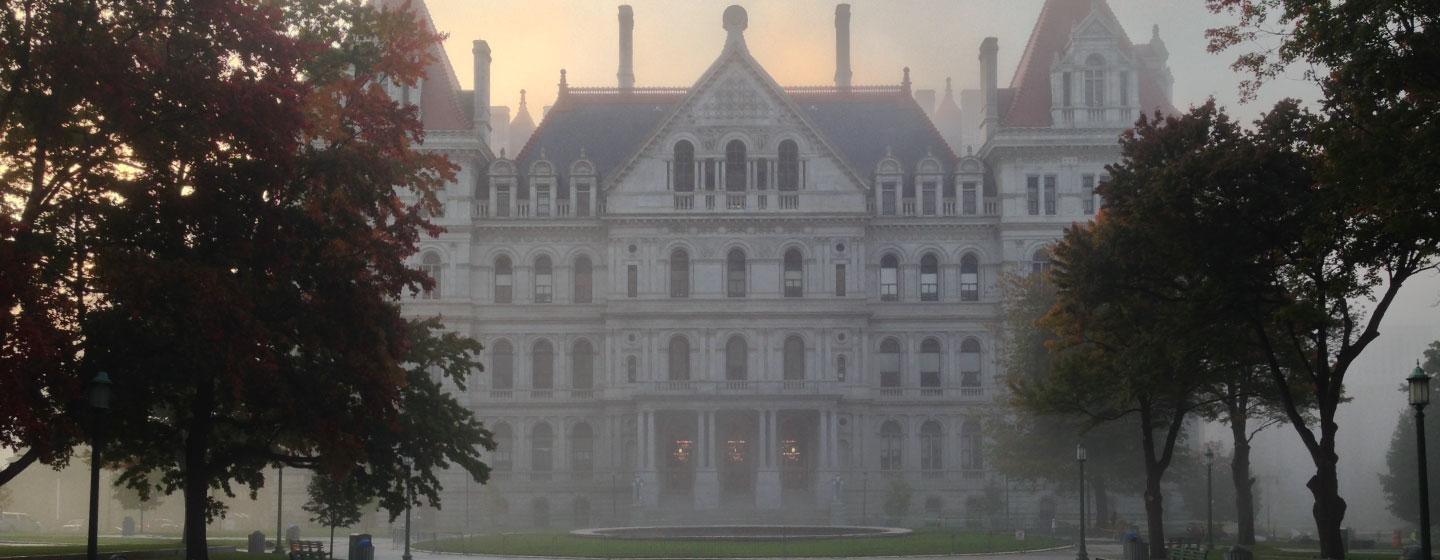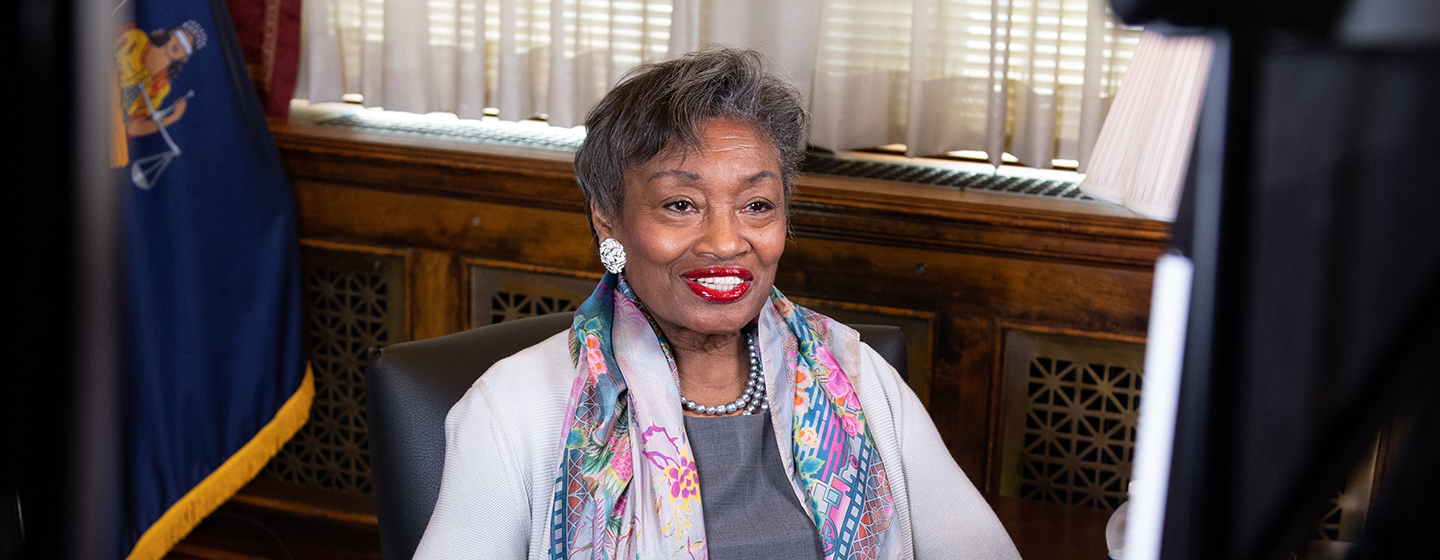Senate Ethics Hearing Delayed Due to Open Meetings Law Concerns

Senate Ethics Hearing Delayed Due to Open Meetings Law Concerns
A New York State Senate hearing scheduled to examine the troubled state ethics commission was postponed Monday over concerns that it might have been in violation of the Open Meetings Law because too many senators were participating over Zoom instead of showing up in person.
The hearing was to feature senators grilling the chair of the Joint Commission on Public Ethics, or JCOPE, a panel that critics say is overly influenced by Gov. Andrew Cuomo. But after an hour’s delay, Senate Ethics Committee Chair Alessandra Biaggi postponed it.
“There was a concern that was brought to our attention,” Biaggi said. “About whether or not Open Meetings Law applies to hearings.”
The Senate is one of several government bodies struggling to cope with changing rules, now that the COVID-19 pandemic seems to be on the wane.
During the height of the pandemic, emergency rules declared by Cuomo and special rules adopted by the Legislature enabled most lawmakers to participate remotely during the legislative session and in committee meetings and public hearings.
But now that the state of emergency has ended, the state’s Open Meetings Law once again applies. The law says that if a public meeting is held by video conference, the public must be able to attend in person to listen and observe the proceedings at any site where a government official is participating. That rule can’t be followed when most of the senators are tuning in from their homes.
Biaggi, a Democrat, said she believes that the public hearing falls into a gray area of the rules, but she didn't want to taint the proceedings by any suggestion that they did something improper.
“Because there is no question that we will not even give the perception of violating the Open Meetings Law, we are postponing it until we have clarity around this issue,” Biaggi said.
The ranking Republican on the committee, Sen. Anthony Palumbo, was one of two senators on the committee who attended in person. He waited for an hour in the hearing room before he was told of the cancellation.
He said he believes the hearing, as it was structured, would not have violated the Open Meetings Law. He added that it’s another black mark on the attempt by majority party Democrats to try to fix ongoing ethics problems in state government.
“We can’t even get the public hearing right,” Palumbo said. “It’s embarrassing.”
Palumbo, from eastern Long Island, has one of the longest commutes to Albany. He said other Republican senators on the committee would have come in person if they were told that was the rule.
Palumbo said he intended to question Sanford Berland, JCOPE's recently appointed executive director, about what Palumbo called the lack of transparency. He said Robert Ortt, the leader of the Senate minority Republicans, wrote letters to JCOPE asking for an investigation into allegations that Cuomo improperly offered priority coronavirus testing to friends and family, and used staff members to help him write and edit a memoir, but so far has received no response.
The state Senate was not the only government entity that was potentially operating on murky legal ground.
The state’s redistricting commission, which will draw new lines for congressional, Senate and Assembly districts based on 2020 census data, said Monday that they will hold nine public hearings virtually, through Zoom, to engage people from all across the state.
Vice Chair Jack Martins said the members consider the hearings a “listening tour” to gather public input before making decisions and will not take any official actions, so they believe the Open Meetings Law does not apply to them.
He said because people can participate in the hearings from their homes, the format will increase public access and participation.
“I see this as a tremendous positive,” Martins said. “To do the kind of public outreach that we’re supposed to do. I certainly won’t agree that we are doing anything … inappropriate.”
The remote-only redistricting hearings are going on as scheduled, beginning July 20.
Biaggi said the questions about the hearings may in the long run be a positive development and lead the state to change its rules to hold more events virtually and make it easier for the public to witness them.
Related:

Should Albany Hold New Hearings on Ethics Reform? These Groups Say Yes
In a letter sent to members of the state Legislature, several good government groups asked lawmakers to consider if the state’s current ethics enforcement agencies are effective.

There's Appetite for an Ethics Overhaul in Albany and It Could Start This Year, Top Lawmaker Says
State lawmakers in New York could take the first step this year toward scrapping the state’s current ethics agencies and replacing them with a new, more powerful panel less likely to be influenced by elected officials.

New Discussions on Ethics Reform Have Started in Albany, Senate Leader Says
It wouldn’t be a new topic to address in Albany, but there’s renewed interest among lawmakers given the multiple controversies surrounding Gov. Andrew Cuomo.


